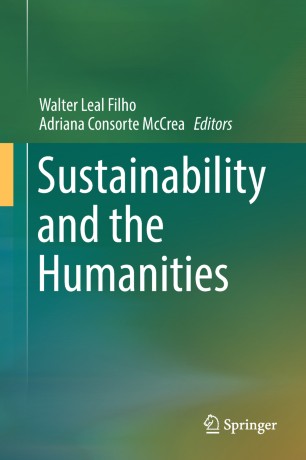"...the Imagination (or love, or sympathy, or any other sentiment) induces knowledge, and knowledge of an 'object' which is proper to it..."
Henry Corbin (1903-1978) was a scholar, philosopher and theologian. He was a champion of the transformative power of the Imagination and of the transcendent reality of the individual in a world threatened by totalitarianisms of all kinds. One of the 20th century’s most prolific scholars of Islamic mysticism, Corbin was Professor of Islam & Islamic Philosophy at the Sorbonne in Paris and at the University of Teheran. He was a major figure at the Eranos Conferences in Switzerland. He introduced the concept of the mundus imaginalis into contemporary thought. His work has provided a foundation for archetypal psychology as developed by James Hillman and influenced countless poets and artists worldwide. But Corbin’s central project was to provide a framework for understanding the unity of the religions of the Book: Judaism, Christianity and Islam. His great work Alone with the Alone: Creative Imagination in the Sufism of Ibn ‘Arabi is a classic initiatory text of visionary spirituality that transcends the tragic divisions among the three great monotheisms. Corbin’s life was devoted to the struggle to free the religious imagination from fundamentalisms of every kind. His work marks a watershed in our understanding of the religions of the West and makes a profound contribution to the study of the place of the imagination in human life.Search The Legacy of Henry Corbin: Over 800 Posts
Tuesday, August 28, 2018
Interesting use of Corbin...
Louise Livingstone
There is still much to be done to motivate people to actively engage in issues related to sustainability (ICCiP). While it may seem obvious that thinking about the world in a different way creates the possibility of arriving at new awareness, this paper suggests that such a seemingly ordinary observation shines the light directly on a major obstacle to engagement with sustainability. More broadly, this paper demonstrates the importance of the humanities in helping to understand how human beings make meaning in the world (Kripal 2014) linking directly to issues of sustainability in terms of how people connect with each other and the world at large. Taking an imaginal approach, and honouring a metaphorical mode of investigation (Voss 2009), this paper positions the heart as an organ of perception able to comfortably move between different ways of engaging with the world. Using the metaphor of epistemological duality with reference to cultural history (McGilchrist 2009; Bound Alberti 2010) as a guide, this paper moves to explore two important ideas; first how a taken-for-granted, epistemological approach towards the world (McGilchrist 2009) could be creating barriers to engage effectively with sustainability, and second, how the separation of body from mind, and heart from brain, when taken as a metaphor, could further guide this understanding. This paper moves towards the suggestion that when re-considered as an organ of perception (Corbin 1971; Hillman 2007), the heart has a key role to play in guiding people towards different ways of understanding, and subsequently engaging with sustainability.
Subscribe to:
Post Comments (Atom)








No comments:
Post a Comment